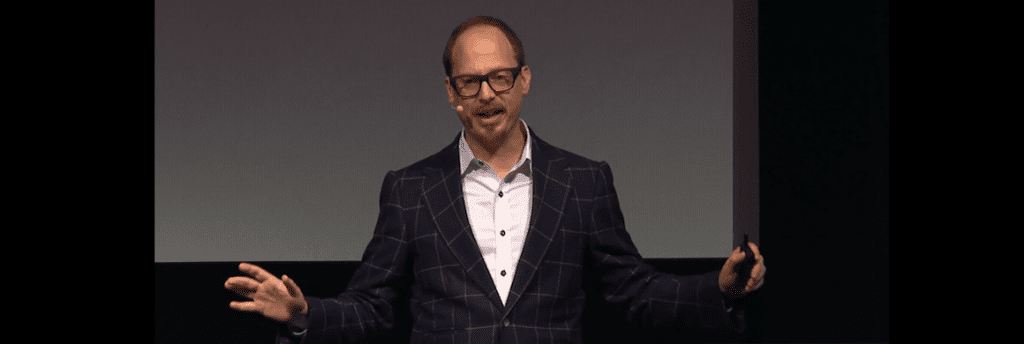Staff from the Columbia Business School recently discussed a new study co-authored by professor of management Adam Galinsky, which examines how high pressure and power—particularly a lack thereof—can impact performance.
Entitled “Power Affects Performance When the Pressure Is On: Evidence for Low-Power Threat and High-Power Lift,” the study, co-authored by University of Toronto’s Sonia K. Kang, Berkeley-Haas’ Laura J. Kray; and NYU Stern’s Aiwa Shirako, concludes how “feeling powerful can help people rise to the occasion [in high-pressure situations]. But when one lacks power, the same pressure leads people to stumble in their performance.”
The article uses the hypothetical example of a junior executive with very little negotiating power attempting to snag a major potential client who probably has more offers on the table than it knows what to do with. In this situation the junior executive is at a significant disadvantage because of the supposed amount of leverage in favor of the hypothetical client. The research found in situations like this, which extend beyond traditional business realms, leads to worse outcomes.
How can our junior executive flip the script in high pressure careers? Galinsky says, “Our research shows that building confidence by tapping into one’s values allows people to handle pressure even when they lack power, and as a result to perform well in high-pressure situations.”
During a recent TEDx Talk entitled “How to Speak Up for Yourself,” Galinsky expanded on strategies to become “more confident and assertive without facing backlash when one lacks power,” including:
- Advocating for others
- Practicing perspective-taking
- Signaling flexibility
- Gaining allies
- Displaying expertise and passion
